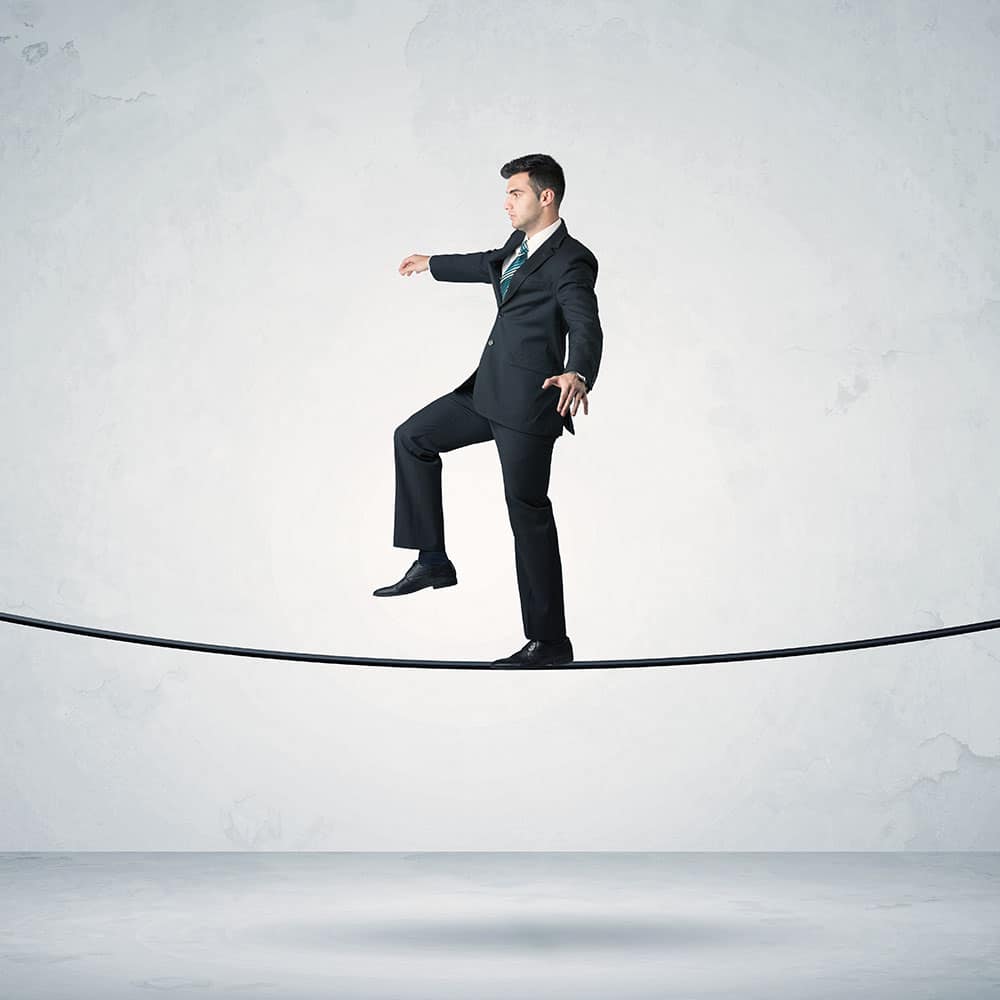Stress, and the human response generated is an important phenomenon from an evolutionary standpoint. It is a survival mechanism. When our distant ancestors sensed danger, like when they were to become a happy meal for a much larger creature, “stress hormones” (catecholamines-epinephrine/adrenaline) were immediately secreted into the bloodstream creating a “fight-or-flight” response. This systemic metabolic reaction involves virtually every organ system in the body and is akin to a full throttle “red alert”. Heart rate, blood pressure and muscle tension all increase dramatically; the stomach and intestines become less active and blood glucose or blood sugar rises quickly for energy. Mentally, thoughts begin to race, anxiety increases and in some there can be full panic. This was an essential reaction to prepare the body for whatever was necessary to survive that life-threatening moment. In today’s world, even when we are not in life or death situations, the same stress responses trigger to varying degrees on a daily basis depending on the perceived stress or anxiety in your life. It becomes easy to understand the toll this can take on your system.
Each of us has our own unique panel of “hot buttons”. We all have different stressors as well as degree of response to stress. Some thrive on it, others crumble under it. Most of the time we are unaware of it happening under our radar screens. No question, stress and/or overwork can be damaging to your health both mental and physical. The human body does not like repeated and extended showers of circulating stress hormones. There are documented negative health consequences with strong links to cardiovascular and many other diseases including cancer. We have also learned from a relatively new field of medicine, psychoneuroimmunology (PNI) that stress can wreak havoc on the immune system. Psychological stress has also been found to impair early wound healing after surgery.
Perhaps Edgar Bergen was right when he said “hard work never killed anybody, but why take a chance?” The Japanese, in their pursuit of quality and excellence through hard work noted an increase in death rates in high-achieving young executives, something they call Karoshi which translates “death by overwork”. We are not immune here in the USA. Recent research suggests that US workers log many more hours per year (1821 hours) at work than our European counterparts (1467 hours). That translates to approximately 10 more work weeks each year on this side of the ocean. While those numbers may seem like a lot, recent laws have mandated that physicians in training can no longer work more than 4000 hours per year! I know it’s hard to believe, but before those laws were mandated, during my surgical and orthopedic surgery 5 year training program, I usually logged 100-120 hours per week that’s 5000 to 7000 hours per year(Yikes)! Interestingly I don’t recall being tired or stressed, but don’t think I could do it now.
Some jobs and careers are clearly more stressful than others but that is only half of the stress equation. Stress needs to have a receptor, and that is where you the individual and your unique response come in. We all react differently to stress. That explains how some individuals can be overwhelmed by a seemingly low stress job and others not flinch in dangerously high stress environments. Also, we might not be able to do much about our work situation but we can always improve how we react to it, and learn to channel it to our advantage.
There are some simple things we can all do to help control stress:
- Eat breakfast – It fuels you for the day. You’d never leave for a long car trip with an empty tank.
- Exercise regularly – Exercise is nature’s original stress buster.
- Try meditation, Yoga or Tai-Chi – All teach the power of proper breathing to initiate a “relaxation response” and control stress. It can be used in everyday situations.
- Limit caffeine intake – We all know that buzz.
- Tea Up – L-theanine, an amino acid found especially in green tea, has calming effects.
- Cut out the sweets – Do you think it only creates hyperactive kids?
- LOL – a good laugh lowers stress hormones and boosts immunity.
- iPod – soothing music is known to reduce stress. Tune in.
- Talk to someone – It helps to air things out.
- Seek expert help – Don’t wait for the break point.
There are always going to be times when one must put work ahead of everything else, but it is equally important to find time for balance in your life, and time to recharge. Otherwise the point will come where your work will suffer as well as the other things in your life that are important. Just when you think that you are the only one who can do what you do at work, remember what Charles DeGaulle said “graveyards are full of indispensable men”.
FitTip:
Learn to better ride the stress wave, without going under.




